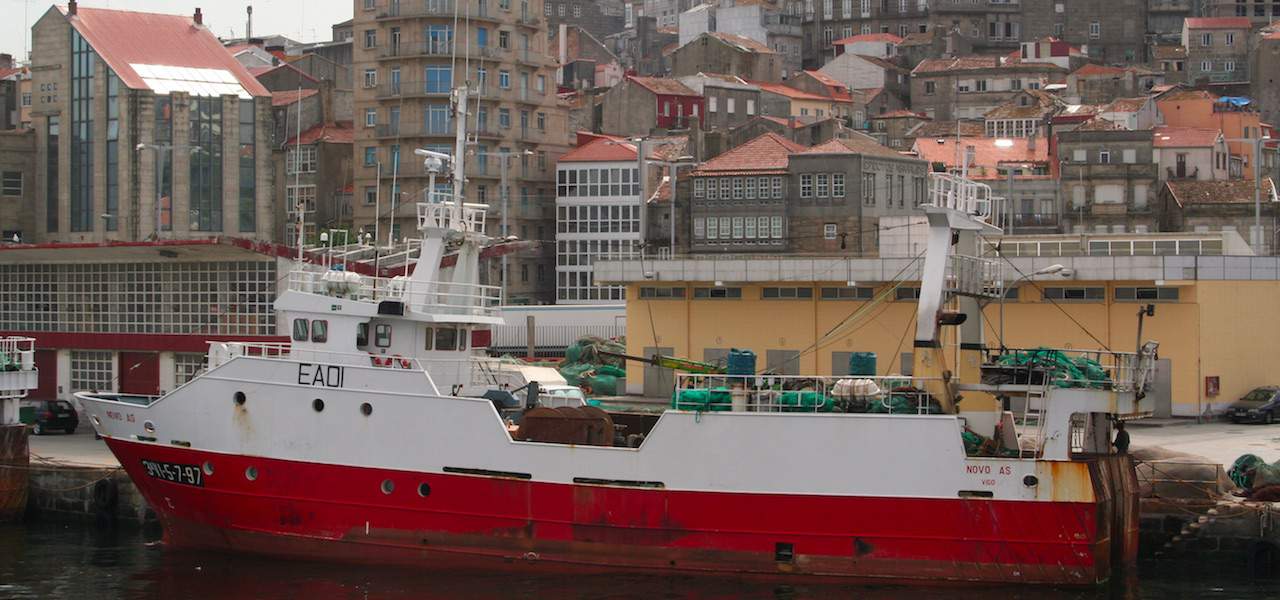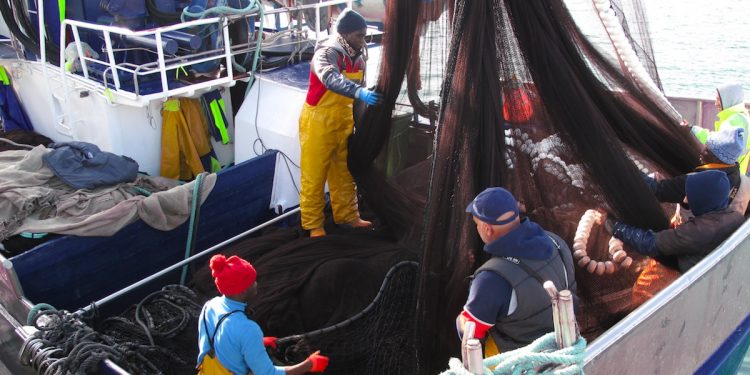For a number of fleets still operating during the COVID-19 pandemic, repatriation of fisheries crew and change of crew are still key problems. This is due to the measures adopted in the various countries restricting the travel and disembarkation of crew members.
The European Commission has published general guidelines for the free movement of workers, in which fishermen are included as crucial professionals to whom free travel should be granted.
Soon after, on 8th April, it published a communication with a conflicting message.

The communication on guidelines on protection of health, repatriation and travel arrangements for seafarers, passengers and other persons on board ships, explicitly states that these guidelines are not applicable to fishermen.
Following these inconsistent messages and looking for clarifications, the ETF and Europêche wrote a second time to the Commission, asking for appropriate measures to support fishermen who are now caught in an uncertain situation and stranded far from home.
‘The Social Partners call on the European Commission to ensure that all international health and safety measures taken for the transport workers to be applied to fishermen as well. This with the aim to afford them a special consideration, providing the necessary assistance and flexibility in order to ensure the free movement of fishing vessels’ crews across borders as well as during crew changes, thereby ensuring the production of (sea)food which is fundamental as the first link in the food chain,’ states the ETF/Europêche letter addressed to Veronika Veits at DG Mare.
They set out a model proposal for an internationally recognised professional certificate developed by and for the fishing industry and based on the Template of Certificate for International Transport Workers.
‘More specifically, in order to facilitate international free movement of workers, Social Partners believe it a good idea to identify a sufficient number of ports and airports around the world, in the main fishing areas, that agree to regulate in a pragmatic way crew changes, based on the IMO circular,’ they state.
‘For this purpose, we encourage the Commission to use its External Action Service (EEAS) to lead a diplomatic initiative to implement this initiative and facilitate access of fishermen in the territory of the coastal state to allow crew changes. It is equally important that EU delegations in third countries assist EU companies to secure the inbound and outbound transportation of fishermen in good conditions, since commercial flights are heavily disrupted worldwide.’
The Social Partners comment that while the COVID19 crisis will have an unprecedented impact at all levels, it is vital to ensure that the industry can continue operating by urgently adopting the above-mentioned actions.
‘This will secure the safety of our fishermen and the food supply to our markets.’









